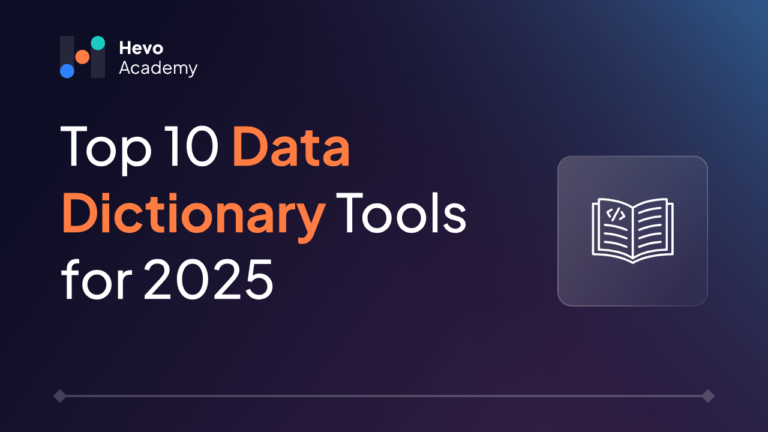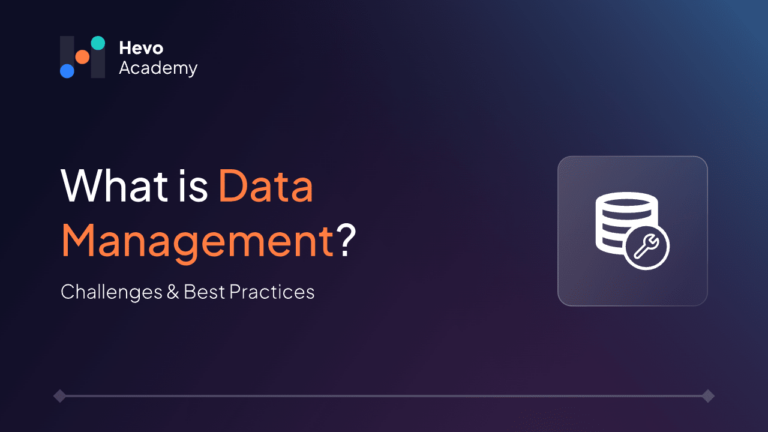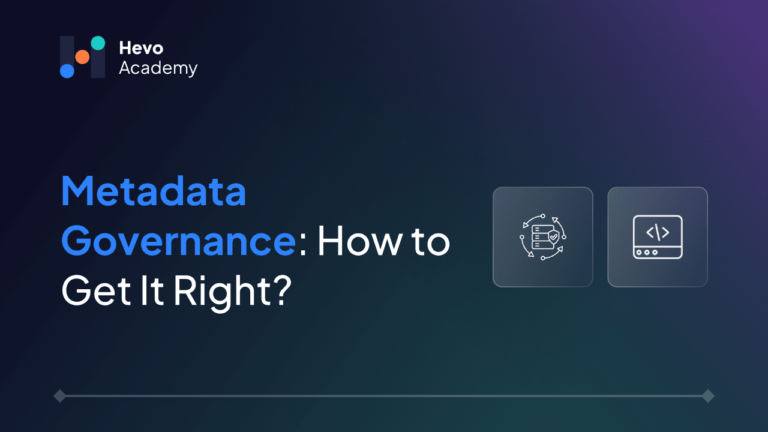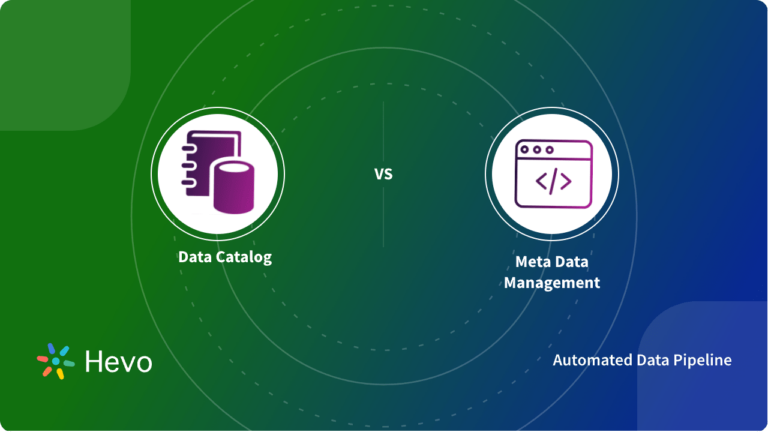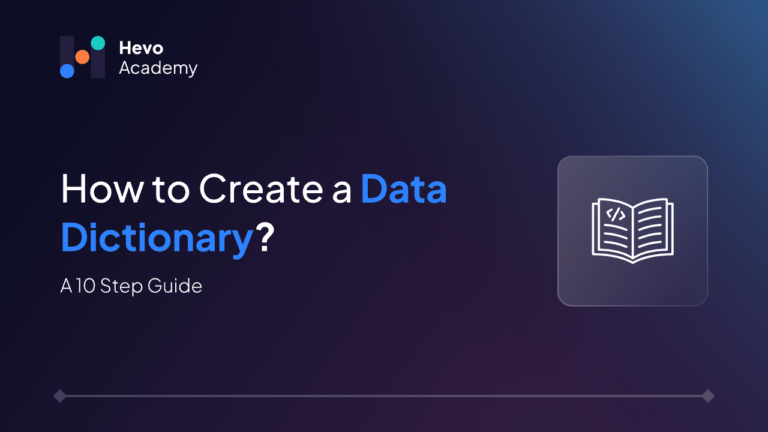In an age of changing technologies and huge volumes of data, governance, and comprehension drive critical decisions made in any organization. With extreme growth in data, organizations are struggling behind. And this is where the Data Dictionary Tools come in. They help businesses in metadata management and calling out relationships among various data sets.
Table of Contents
In this blog, we’ll explore data dictionaries, their significance, and some data dictionary tools that you may consider using to improve your data management.
What are Data Dictionaries?
Data Dictionaries are centralized metadata repositories that contain detailed information about the data in a system or database. The information includes the structure, definition, and relationship between data and data types. For example, let’s say we have a row named “Customer ID.” Now, the data dictionary will include information about the data type of the row (integer, character, etc.), its relationship with other data, its definition, and the structure of the field.
The primary purpose of a data dictionary is to ensure that everyone in the organization understands the data consistently. Data dictionaries prevent confusion and errors that may occur due to misinterpretations. By maintaining an accurate, informative data dictionary, organizations can make sure that all stakeholders, such as analysts, managers, developers, and business users, are on the same page.
Some Critical Components of Data Dictionary
- Field Name: The name of the data element.
- Field Definition: A clear explanation of what the data element represents.
- Data Type: The format of the data (e.g., text, integer, date, char).
- Relationships: How the data element is related to others in the system/dataset.
- Source: The origin of the data, often pointing to a specific database or application.
Need for Data Dictionary Tools
- Standardization of Data Terms: Data dictionary tools make sure that everyone in the business uses the same language to refer to data elements, which not only reduces confusion but also promotes better understanding.
- Data Governance and Compliance: Data dictionaries help document what data is collected, where it’s stored, and how it’s used, which ensures better governance and compliance.
- Improved Data Quality: Organizations can track and better resolve inconsistencies or errors in data if a well-maintained data dictionary is present, which in turn improves data quality.
- Collaboration: Data Dictionaries bridge the gap between non-technical shareholders like business users and technical shareholders like developers and database administrators. Data dictionary tools make sure that both are on the same page.
Hevo Data, a No-Code Data Pipeline Platform, empowers you to ETL your data from a multitude of sources to Databases, Data Warehouses, or any other destination of your choice in a completely hassle-free & automated manner.
Check out what makes Hevo amazing:
- It has a highly interactive UI, which is easy to use.
- It streamlines your data integration task and allows you to scale horizontally.
- The Hevo team is available round the clock to extend exceptional support to you.
Hevo has been rated 4.7/5 on Capterra. Know more about our 2000+ customers and give us a try.
Get Started with Hevo for FreeList of Top 10 Data Dictionary Tools
Choosing the right data dictionary tool can elevate your data management strategy and increase productivity. Here’s a list of top data dictionary tools for 2025:
1. Collibra
G2 Rating: 4.3 out of 5 stars (82)

Collibra is primarily a data governance platform but also provides features such as a data catalog & data dictionary. It allows businesses to manage and define their data assets to ensure data quality and governance. Collibra offers features that allow you to easily track data lineage, establish relationships between data elements, and document business terms.
| Pros | Cons |
| Comprehensive governance features. User-friendly interface for collaboration. | Can be expensive for smaller organizations. Implementation may require time and expertise. |
2. Alation
G2 Rating: 4.4 out of 5 stars (65)

Alation is widely known for providing robust data cataloging and governance. It also acts as an efficient data dictionary tool. It integrates with a variety of sources like databases and offers insights into metadata information. It also automatically generated data dictionaries to reduce manual work and promote collaboration. Alation is quite popular with its intuitive interface and advanced searching capabilities.
| Pros | Cons |
| Strong data cataloging and search capabilities. Excellent integration with various data sources. | Can be complex to set up. Cost can be a barrier for smaller teams. |
3. erwin Data Modeler
G2 Rating: 4.3 out of 5 stars (19)
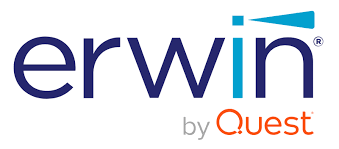
Erwin’s Data Modeler tool provides excellent data dictionary functionalities. It allows people to build and visualize complex data models. It ensures you have proper documentation of every element of data in the data set as well. Erwin Data Modeler is the best one for businesses and organizations which have to manage data from so many sources and systems.
| Pros | Cons |
| Powerful data modeling capabilities. Supports complex multi-system environments. | Steeper learning curve. Higher cost for advanced features. |
4. Talend Data Catalog
G2 Rating: 4.3 out of 5 stars (4)
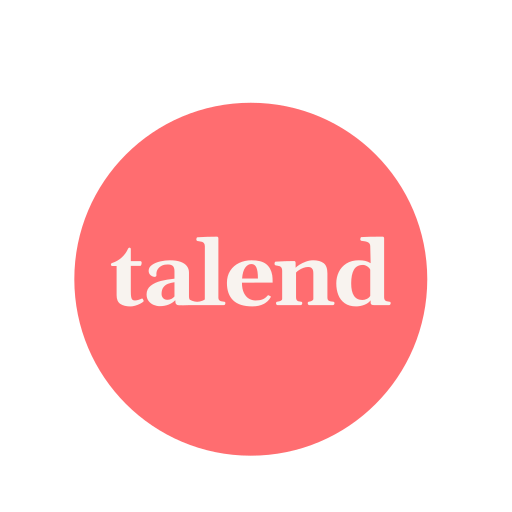
Talend Data Catalog is another popular tool that provides data dictionary functionalities. Its data Catalog tool helps organizations build centralized metadata repositories, which include various complex data dictionaries. Talend’s ability to track data lineage, manage large metadata repositories, and provide a variety of other features to improve data management makes it an ideal choice for companies having complex needs.
| Pros | Cons |
| Unified platform for data integration and governance. Good for organizations managing large-scale data. | May require additional resources for setup. Performance can slow down with large datasets. |
5. Dataedo
G2 Rating: 5.0 out of 5 stars (2)
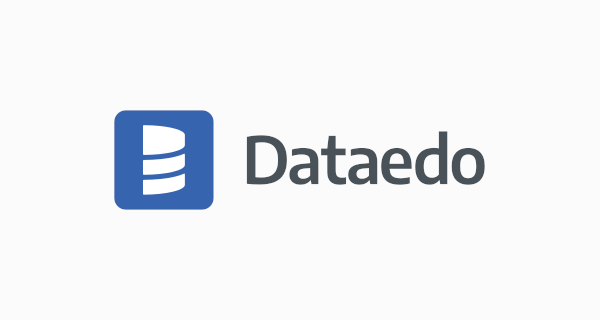
Dataedo provides an enterprise data dictionary tool that allows you to connect and scan metadata from various sources and create an automated data dictionary in a short time. Dataedo offers a variety of features such as extracting foreign keys, defining table relationships across databases and datasets, and the ability to map terms and definitions for seamless collaboration.
| Pros | Cons |
| Lightweight and easy to use. Supports various database systems for documentation. | May not scale well for very large organizations. |
6. Apache Atlas
G2 Rating: 4.6 out of 5 stars (16)

Apache Atlas is an open-source tool for effectively managing and governing metadata. It provides data dictionary features like new definition types for the managed metadata, REST APIs for lineage access and update, and user-oriented interfaces to search for entities by type and classification. It is a very popular tool among organizations that are already using Hadoop in their data architecture.
| Pros | Cons |
| Open-source and flexible for big data ecosystems. Strong metadata management capabilities. | Requires technical expertise to implement. Lack of some user-friendly features of commercial tools. |
7. Secoda
G2 Rating: 4.5 out of 5 stars (46)

Another widely used data dictionary tool is Secoda. It pulls metadata from multiple sources and creates documentation automatically. Its easy-to-use interface ensures anyone can use the tool to search for data and data definitions. It also promotes collaboration among different teams by providing various features to ensure no data misinterpretations. It also helps track data lineage to ensure data quality.
| Pros | Cons |
| User-friendly interface with automated data discovery. Strong focus on collaboration across teams. | Limited advanced features compared to more established tools. Still growing in market presence. |
8. ER/Studio
G2 Rating: 4.0 out of 5 (14)

The next data dictionary tool on our list is ER/Studio. It provides a variety of data modeling and dictionary features like efficiency, standardization, and consistency for your metadata. ER/Studio is an excellent tool for collaboration and ensuring everyone in the organization is on the same page with respect to data terms and their definitions.
| Pros | Cons |
| Robust data modeling and metadata management. Good integration with various platforms. | Higher cost for enterprise versions. |
9. Database Note Taker

Database Note Taker is another Open-source data dictionary tool on our list. It is user-friendly and designed specifically for taking notes on data elements and their relationships. It offers robust search and filter functionality to find and navigate datasets quickly. The main differentiating feature of Database Note Taker is its ability to let users add notes, descriptions, and comments to the database elements.
| Pros | Cons |
| Simple for quick documentation. Lightweight and easy to deploy. | Lacks advanced features for larger teams. Not suitable for complex data environments. |
10. DbSchema

DbSchema is another open-source tool primarily designed to design databases and manage datasets. It also includes some data dictionary functionalities that ensure data consistency and accuracy. It allows users to visualize database frameworks and structures and also manage metadata.
| Pros | Cons |
| Visual schema design and database management. Supports multiple database types. | It could be limited in larger enterprise contexts. |
How to Choose the Right Data Dictionary Tool
Choosing the right data dictionary tool depends on your organization’s needs. The following are some factors you should consider when choosing a data dictionary tool:
- The first and the most important is the tool’s data integration capabilities. The tool should integrate seamlessly with your existing databases, data warehouse, and data lakes.
- Secondly, look for a tool that is easy to use and has an intuitive interface so that it can be easily used by both technical and non-technical stakeholders.
- Look for tools that offer some form of automation when creating data dictionaries and pulling metadata. This will not only reduce time but also manual efforts.
- Budget is and will always be an important factor. If budget is an issue, you can always opt for open-source tools like Apache Atlas.
- With time, Your data will grow. So, it is important to choose a tool that is highly scalable.
- Another factor is all the additional features the tools provide, like governance and data quality management.
Conclusion
In an era where most decisions are based on data. It might be beneficial for you and your business to use a data dictionary tool to effectively manage data and ensure data consistency. There are a number of tools available in the market, ranging from open-source tools like Apache Atlas to enterprise-level tools like Collibra. The choice of which tool depends on a variety of factors, but to narrow it down, it is mainly dependent on your business needs and the amount of data you are dealing with.
If you are looking to elevate your data management needs, you should consider using Hevo Data to migrate your data from various sources to your preferred destination. Hevo is a no-code data pipeline platform that not only transfers your data but also enriches it. Sign up for Hevo’s 14-day free trial and experience seamless data migration.
FAQs
1. What is a data dictionary tool used for?
Data Dictionary tools are used for metadata management, defining relationships between datasets and data elements, and efficient collaboration between users.
2. When would you use a data dictionary?
You should use a data dictionary when you have to deal with large amounts of data and the data is accessed by a variety of people from different teams.
3. What are the three key elements of a data dictionary?
The three key elements of a data dictionary are- field name, data type, and relationship between data elements.

